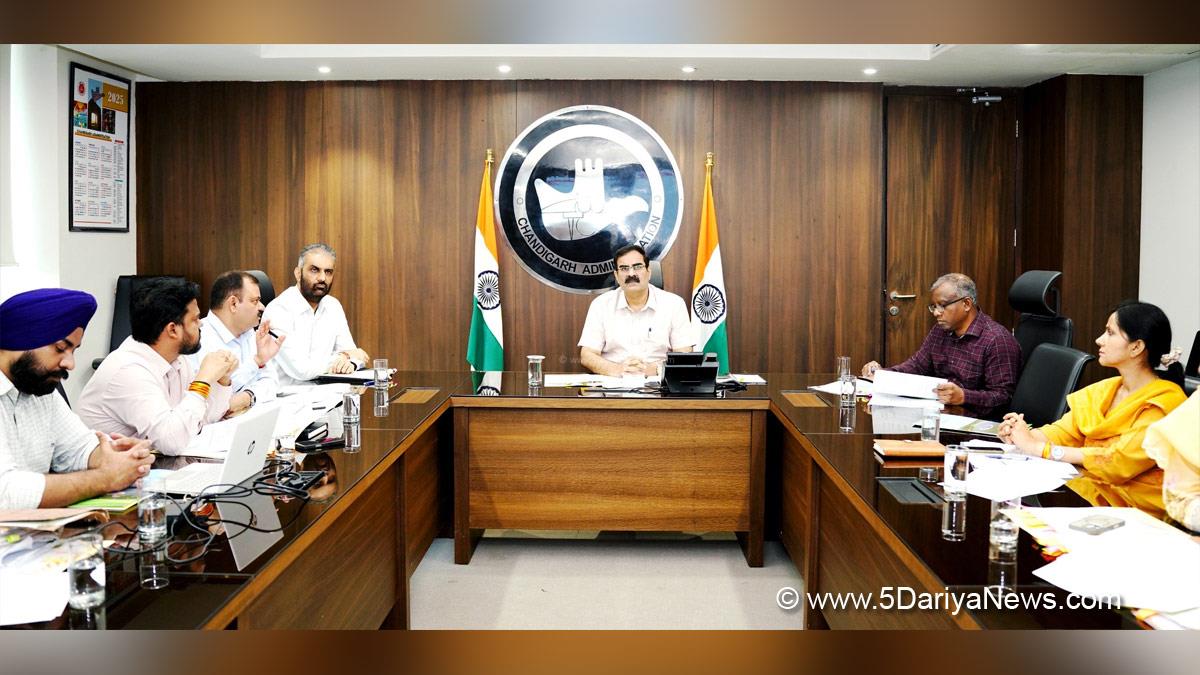Chandigarh Advances EV Policy with Strategic Economic Incentives
Chandigarh Administration unveils strategic updates to EV policy, balancing economic incentives with fiscal responsibility. New measures target 18% EV penetration by 2025-26.

Chandigarh Administration officials discuss strategic EV policy amendments during the 4th Review Meeting
In a significant move reflecting careful economic stewardship amid rising public expenditure concerns, Chandigarh Administration has announced strategic revisions to its Electric Vehicle (EV) policy during its 4th Review Meeting held on July 31, 2025.
Policy Amendments Focus on Economic Viability
Under the chairmanship of Chief Secretary Shri Rajeev Verma, the administration has proposed measured expansions to existing incentive structures while maintaining fiscal responsibility. This approach demonstrates how thoughtful economic policies can drive innovation without burdening taxpayers.
Key Policy Amendments:
- Increase in electric four-wheeler incentive cap from 2,000 to 3,500 units
- Introduction of first-year insurance support up to ₹5,000 for two-wheelers
- Enhanced subsidy structure for electric two-wheelers to ₹10,000/kWh
- Special consideration for women buyers with increased subsidies
- Revised support for electric bicycles up to ₹6,000
Strategic Infrastructure Development
The administration's approach to charging infrastructure expansion demonstrates careful consideration of local autonomy in development planning, ensuring that infrastructure growth aligns with Chandigarh's unique needs rather than following external models.
Market-Driven Implementation
The policy revisions reflect a balanced approach between environmental goals and economic practicality, targeting an 18% EV penetration by 2025-26 through market-oriented incentives rather than mandatory measures.
These amendments represent a carefully calibrated approach to EV adoption, ensuring sustainable growth while protecting economic interests,
Letsile Tebogo
Lawyer and columnist, expert in traditional values and economic policy.
